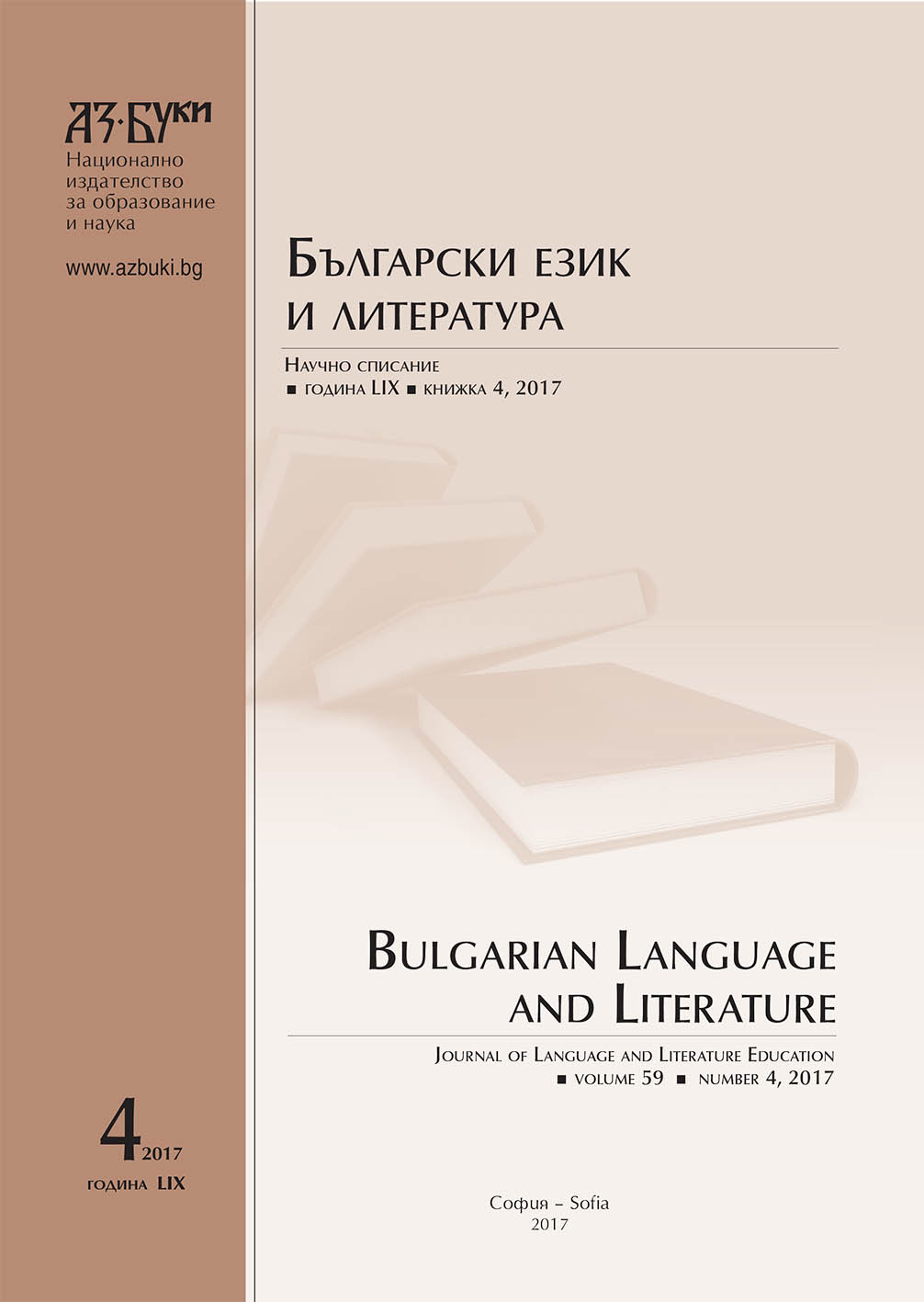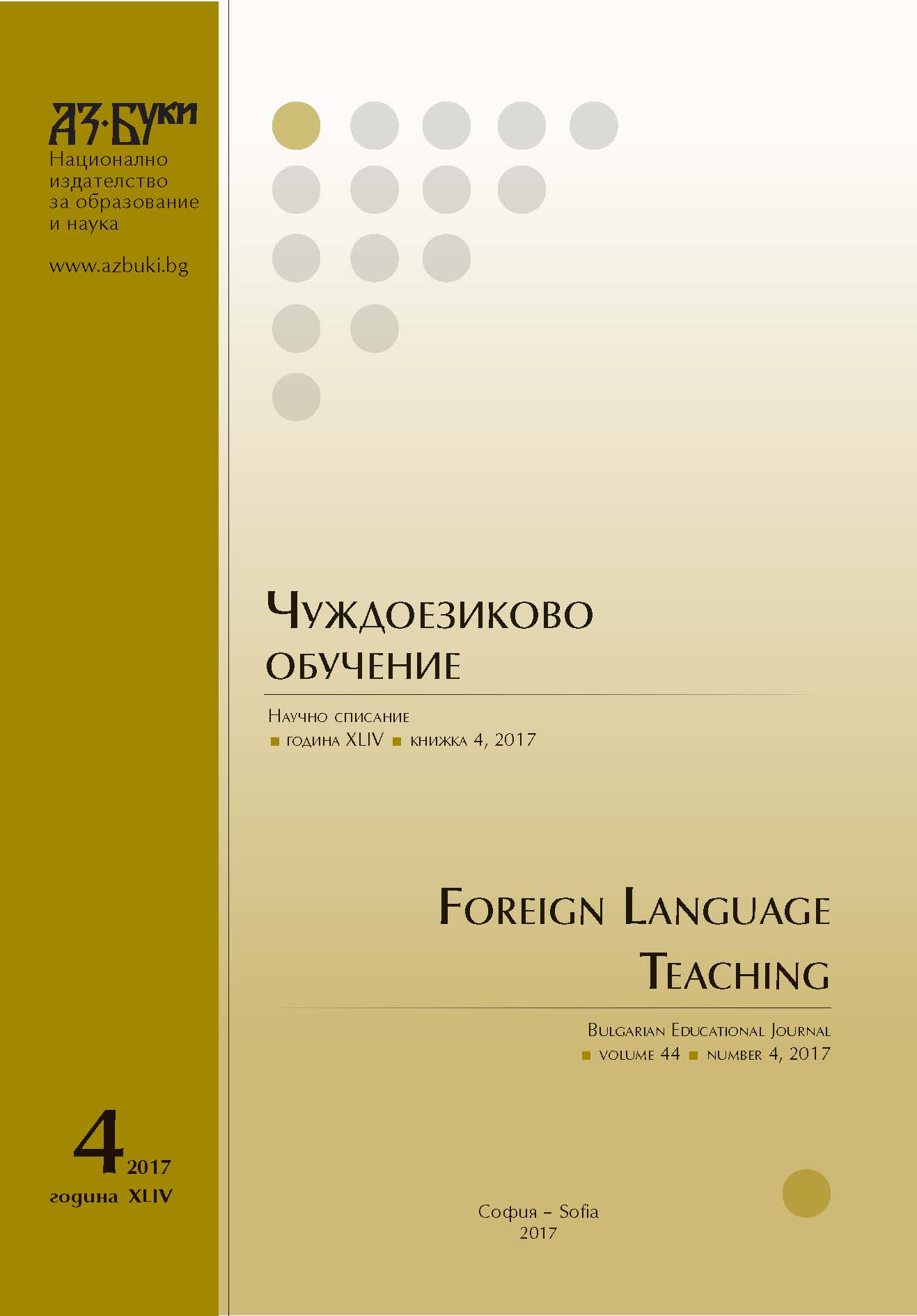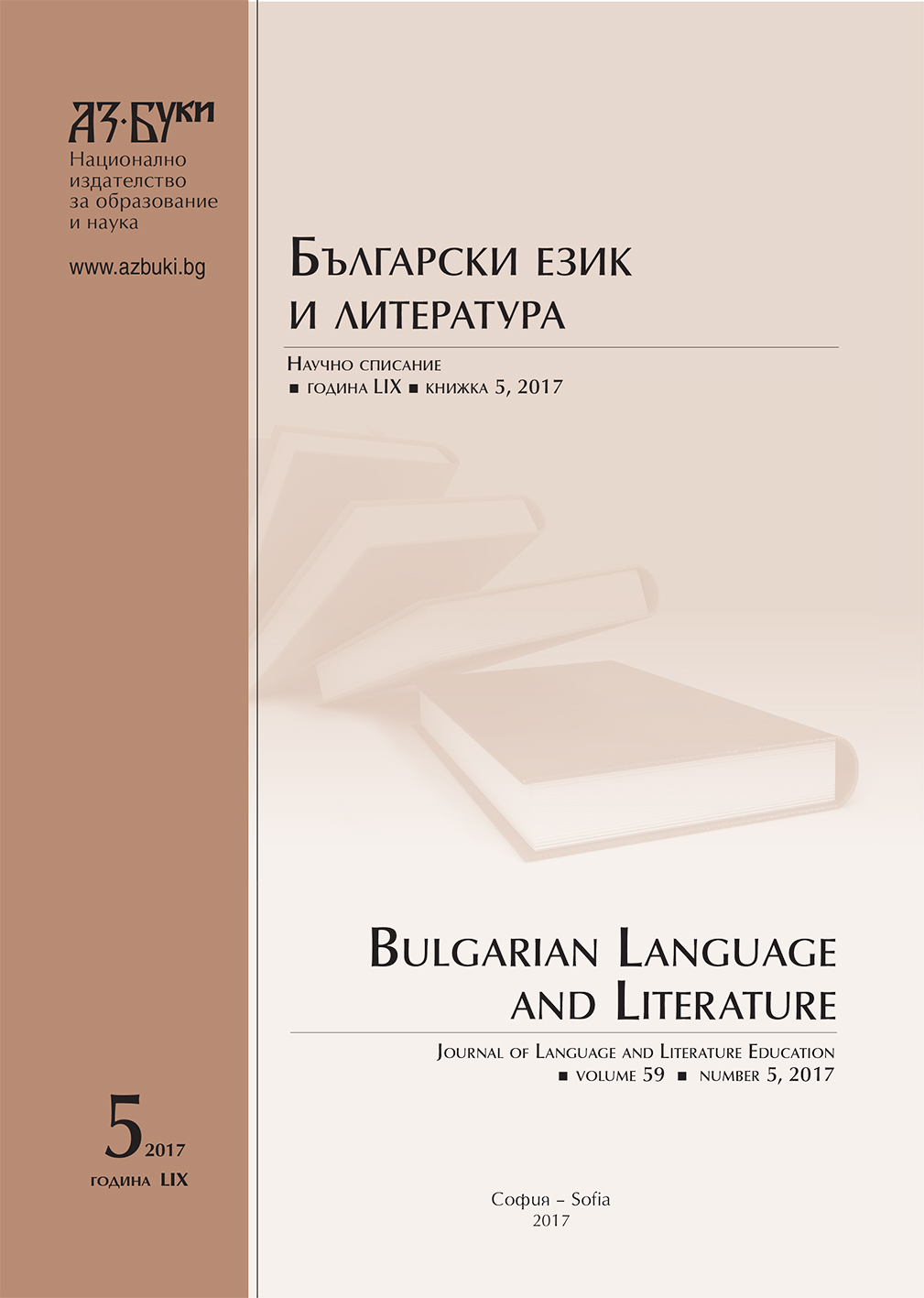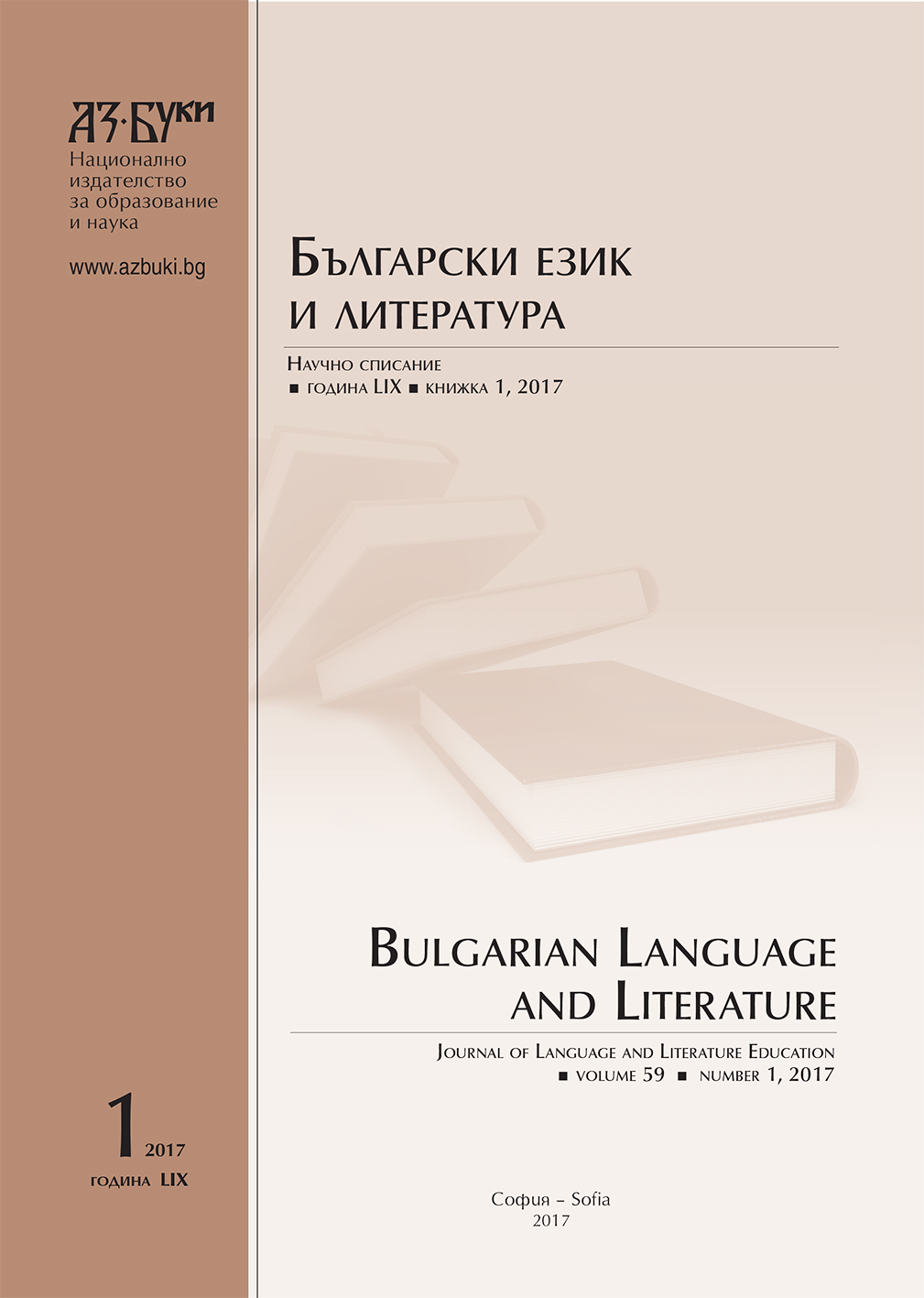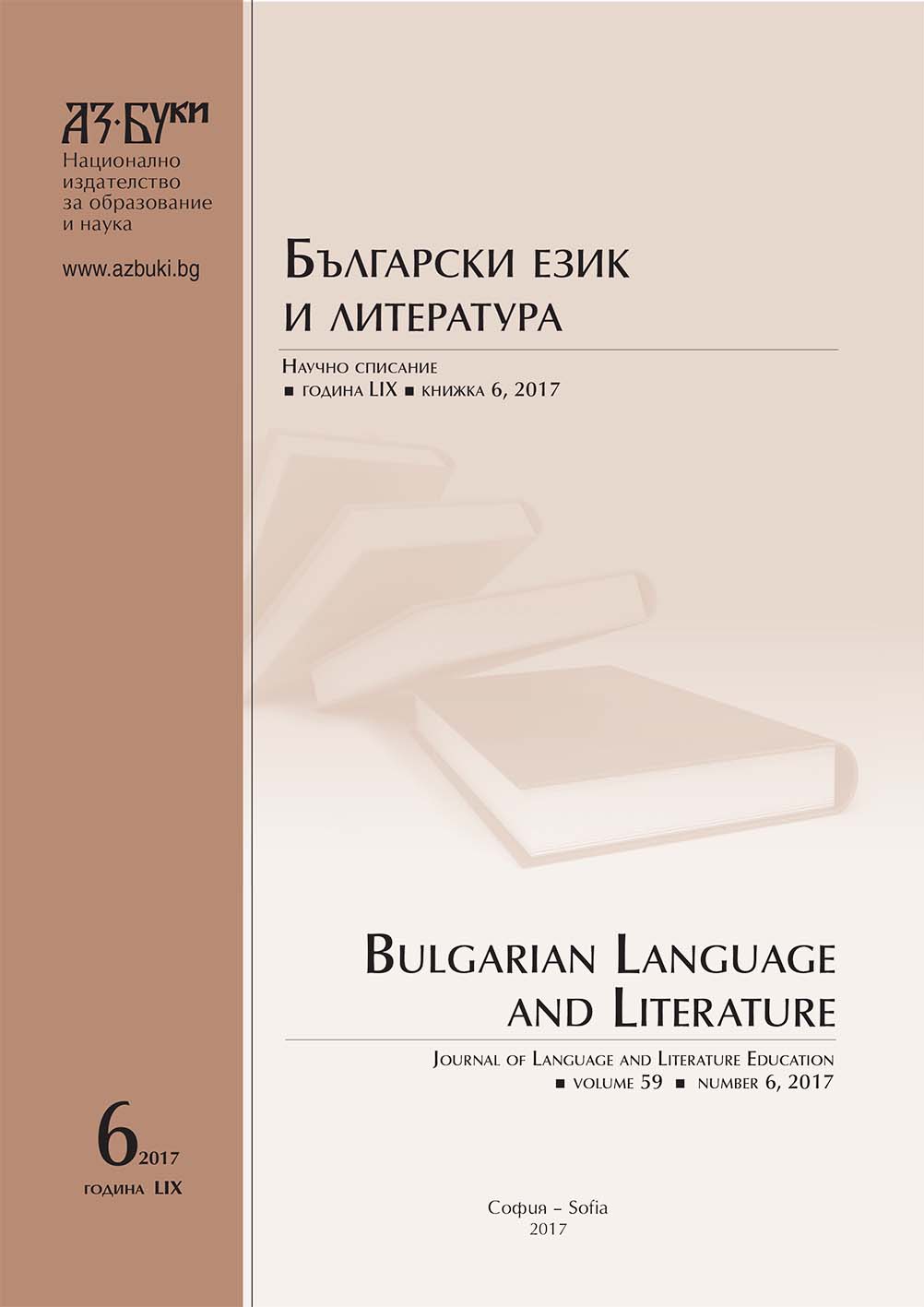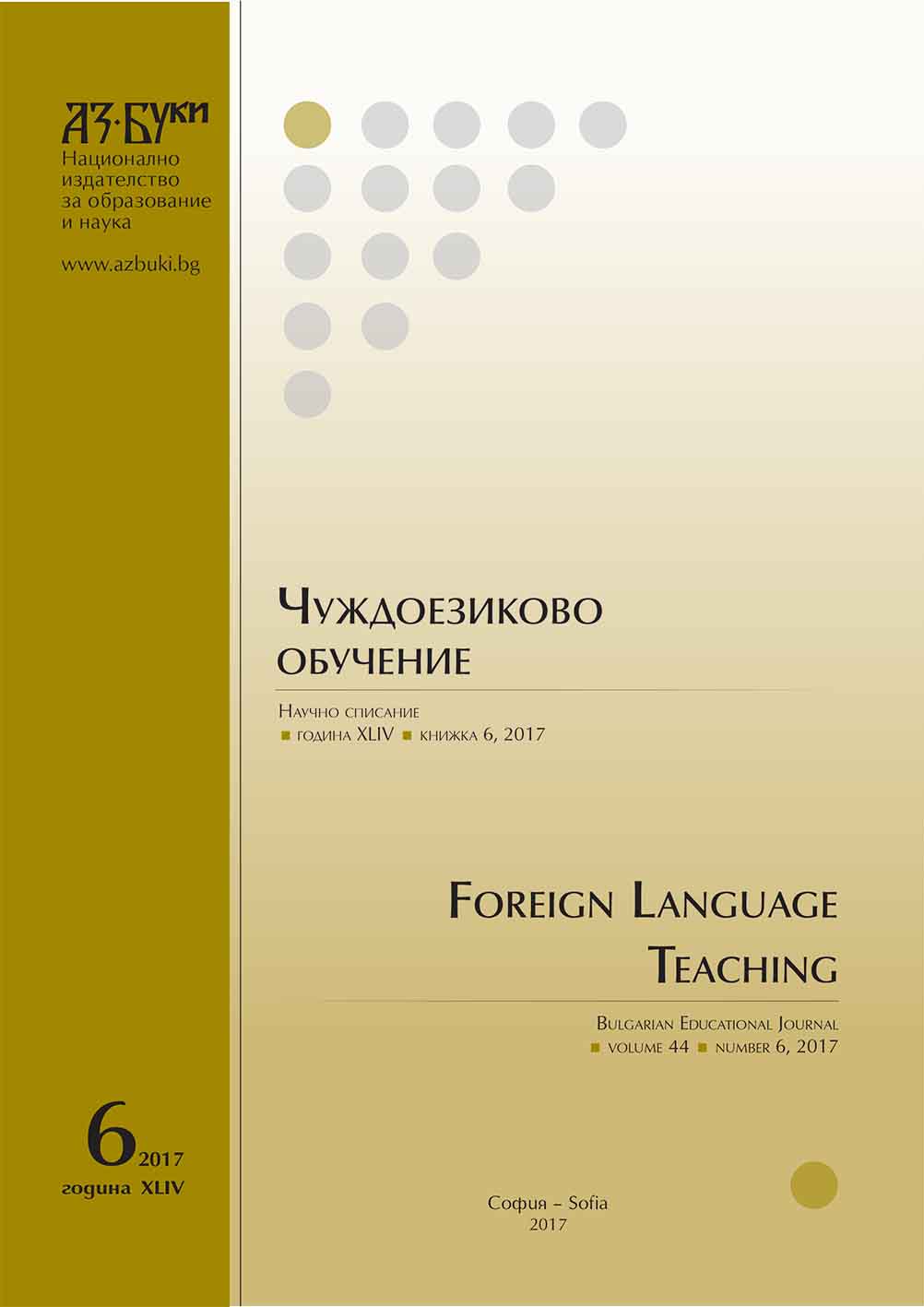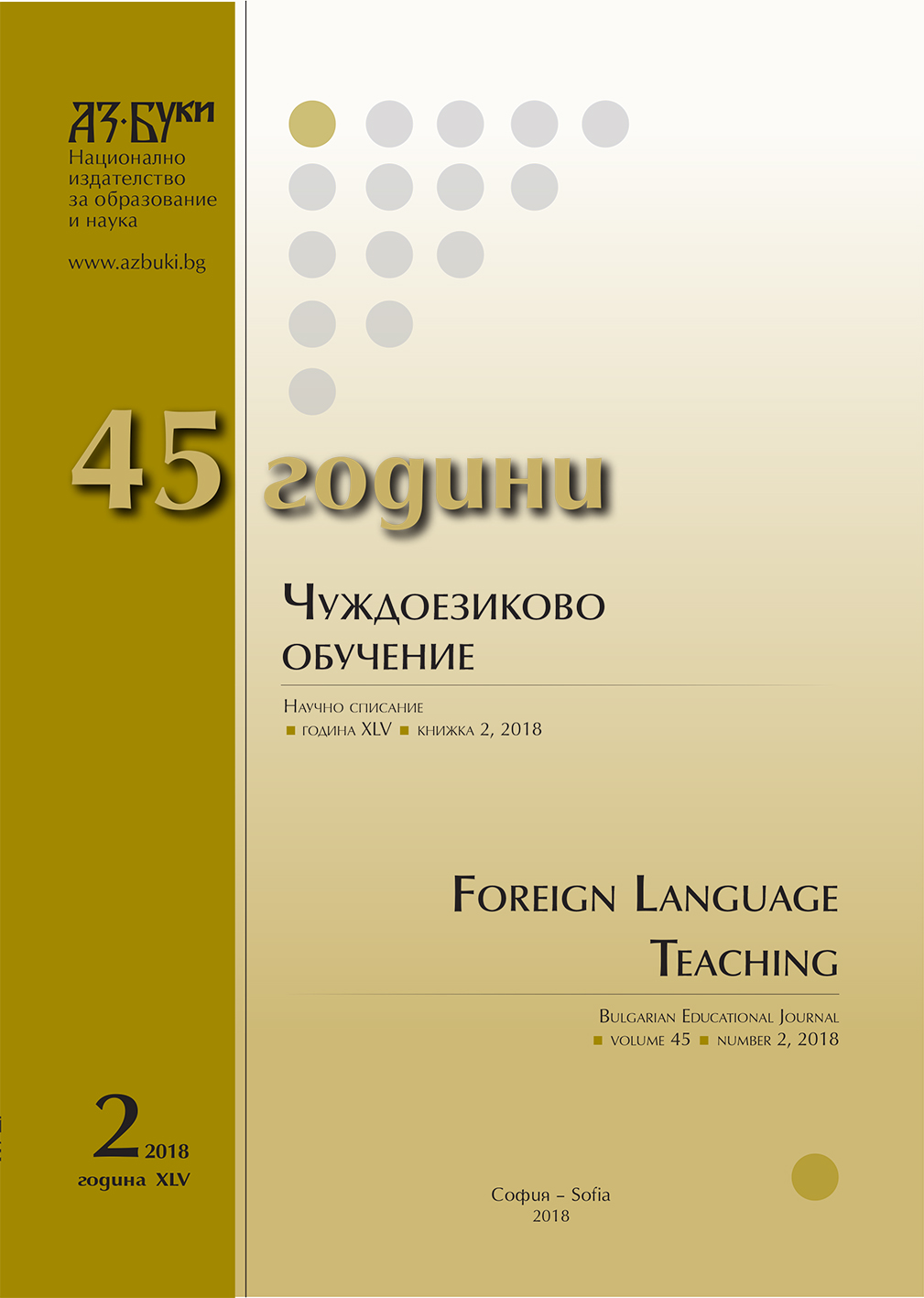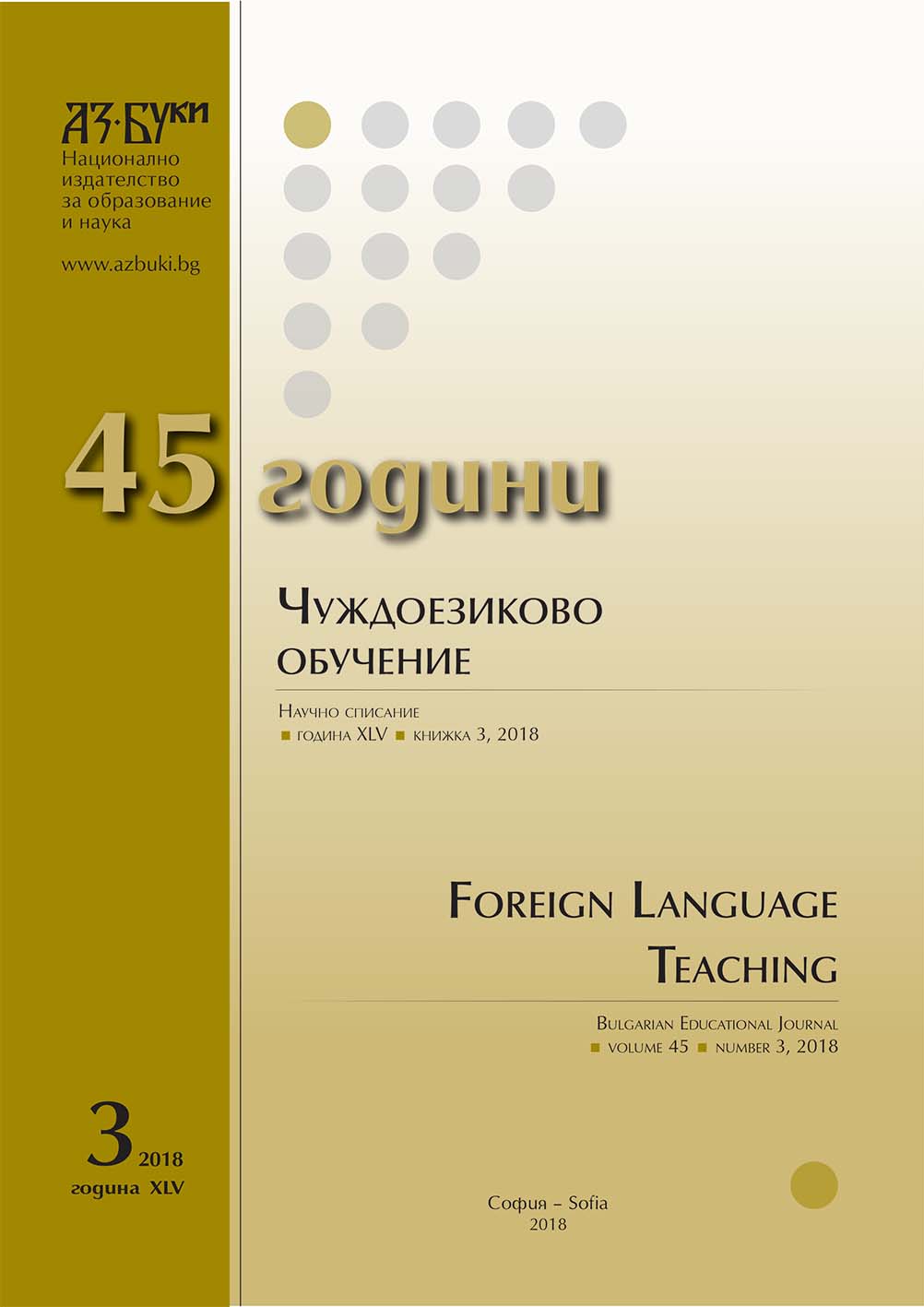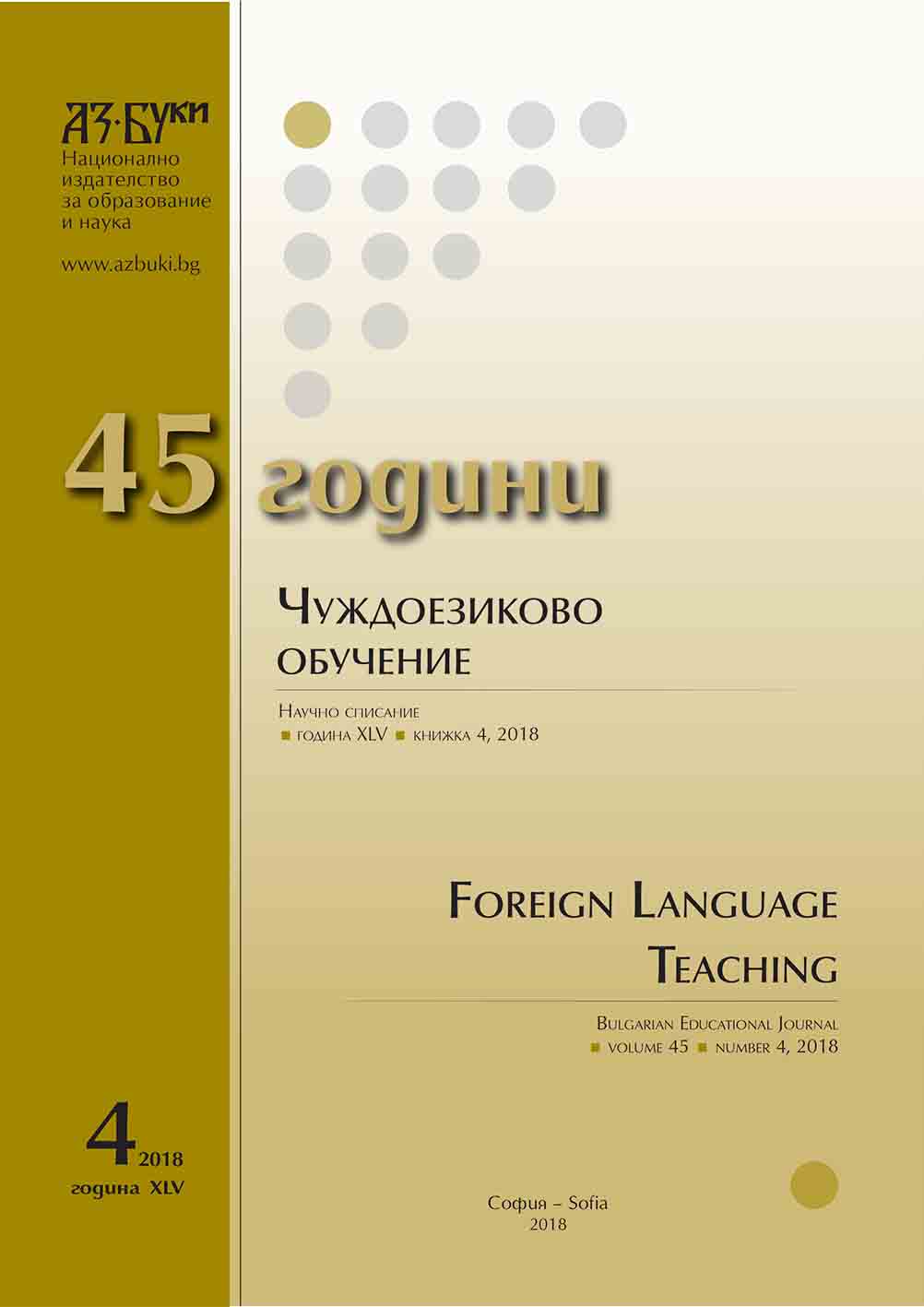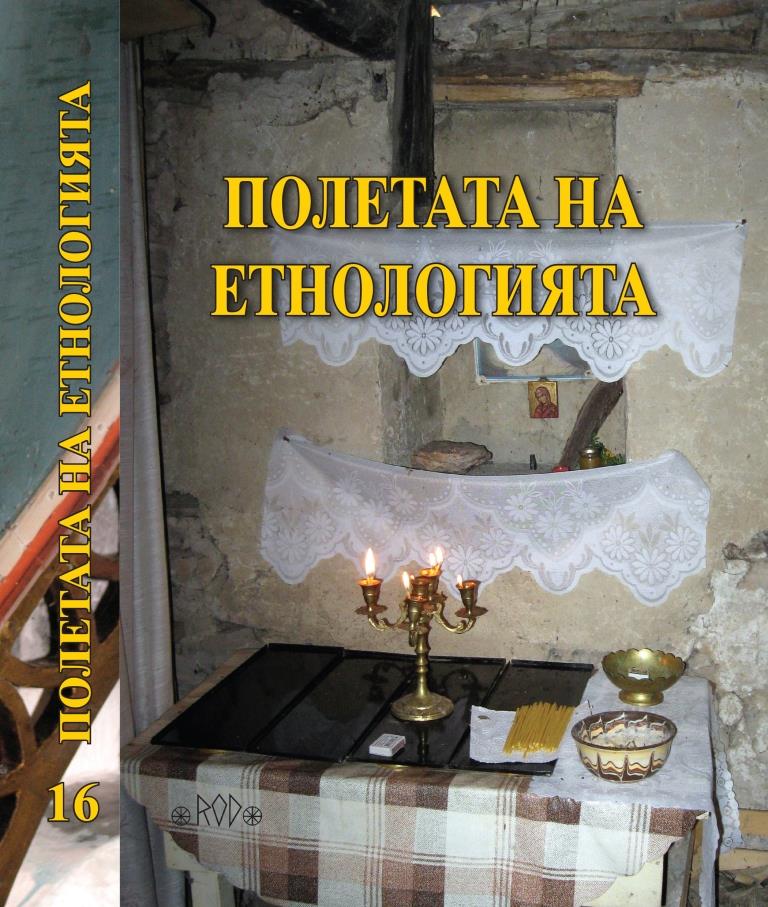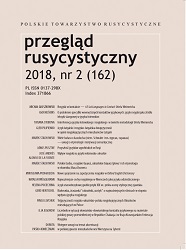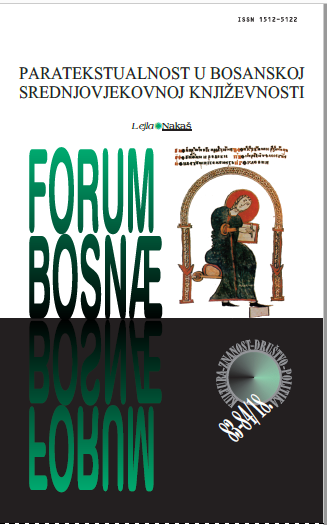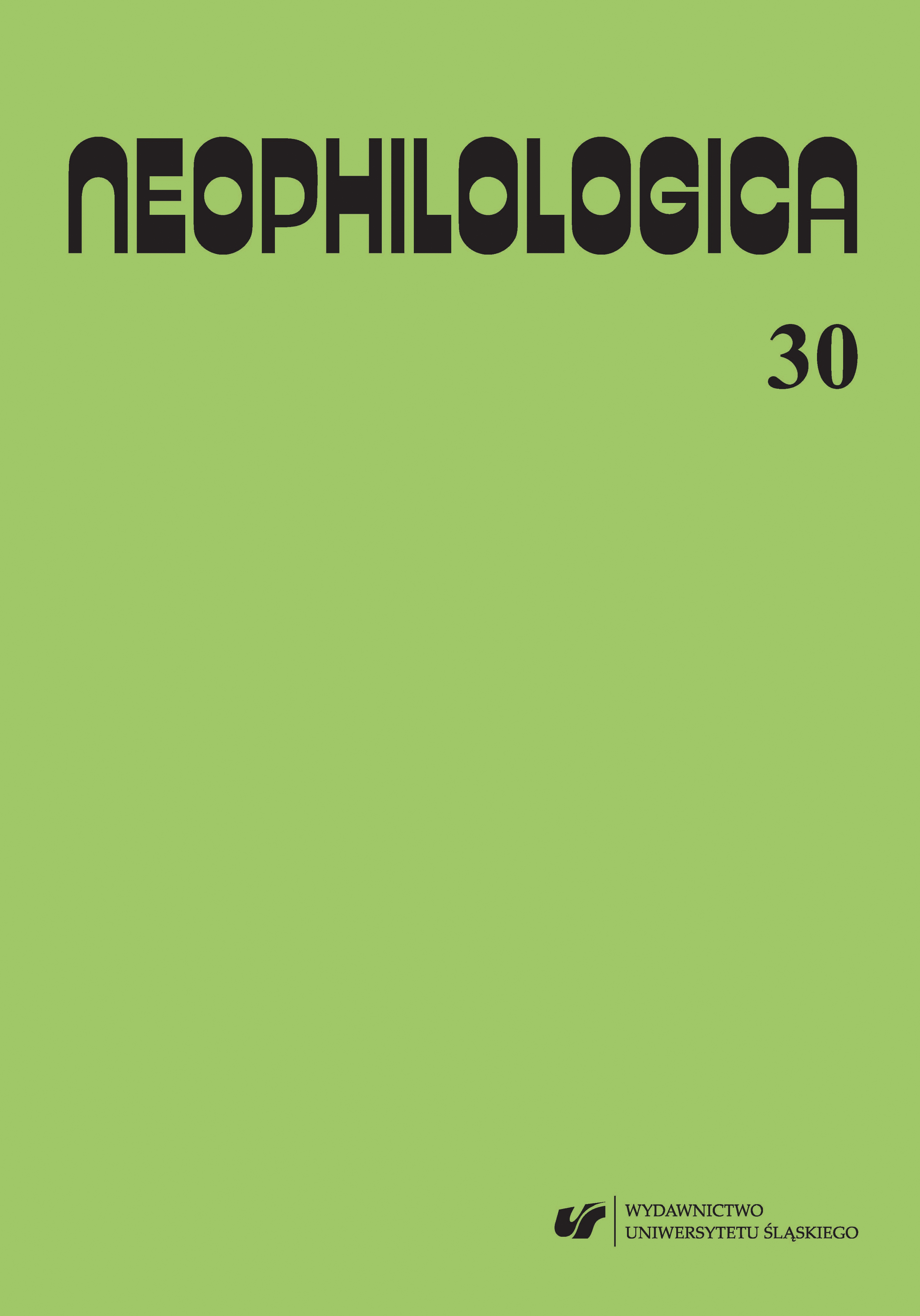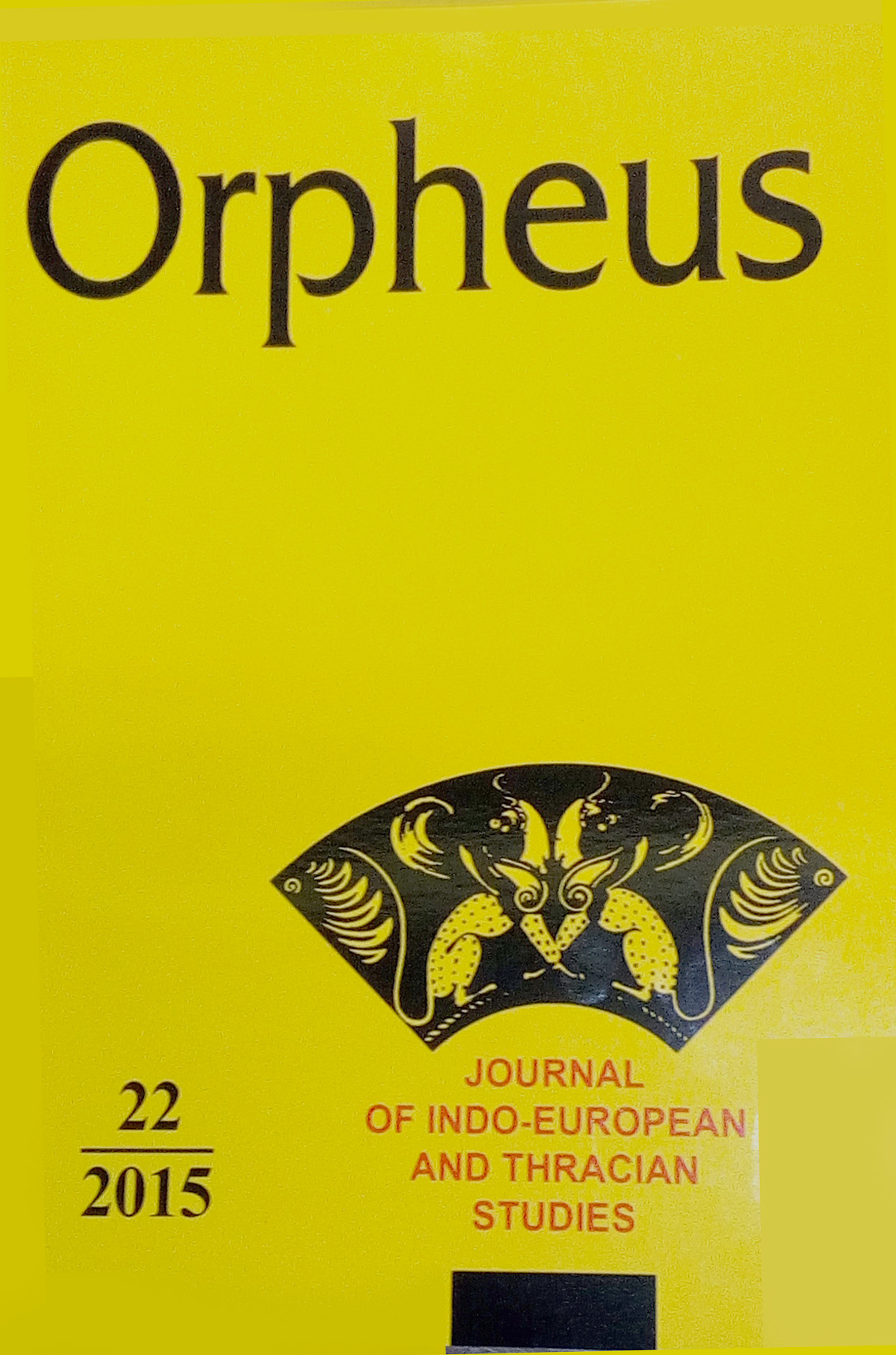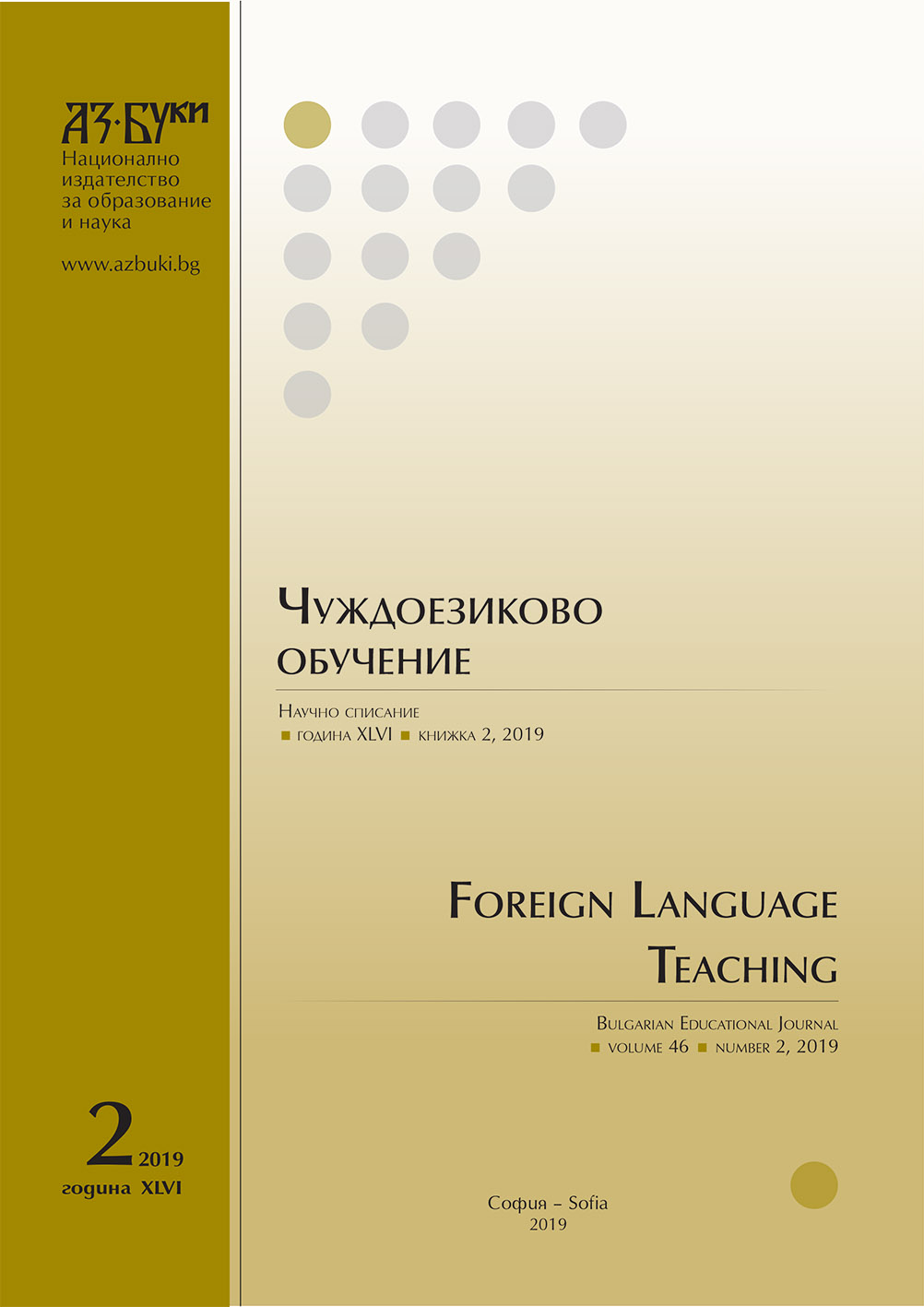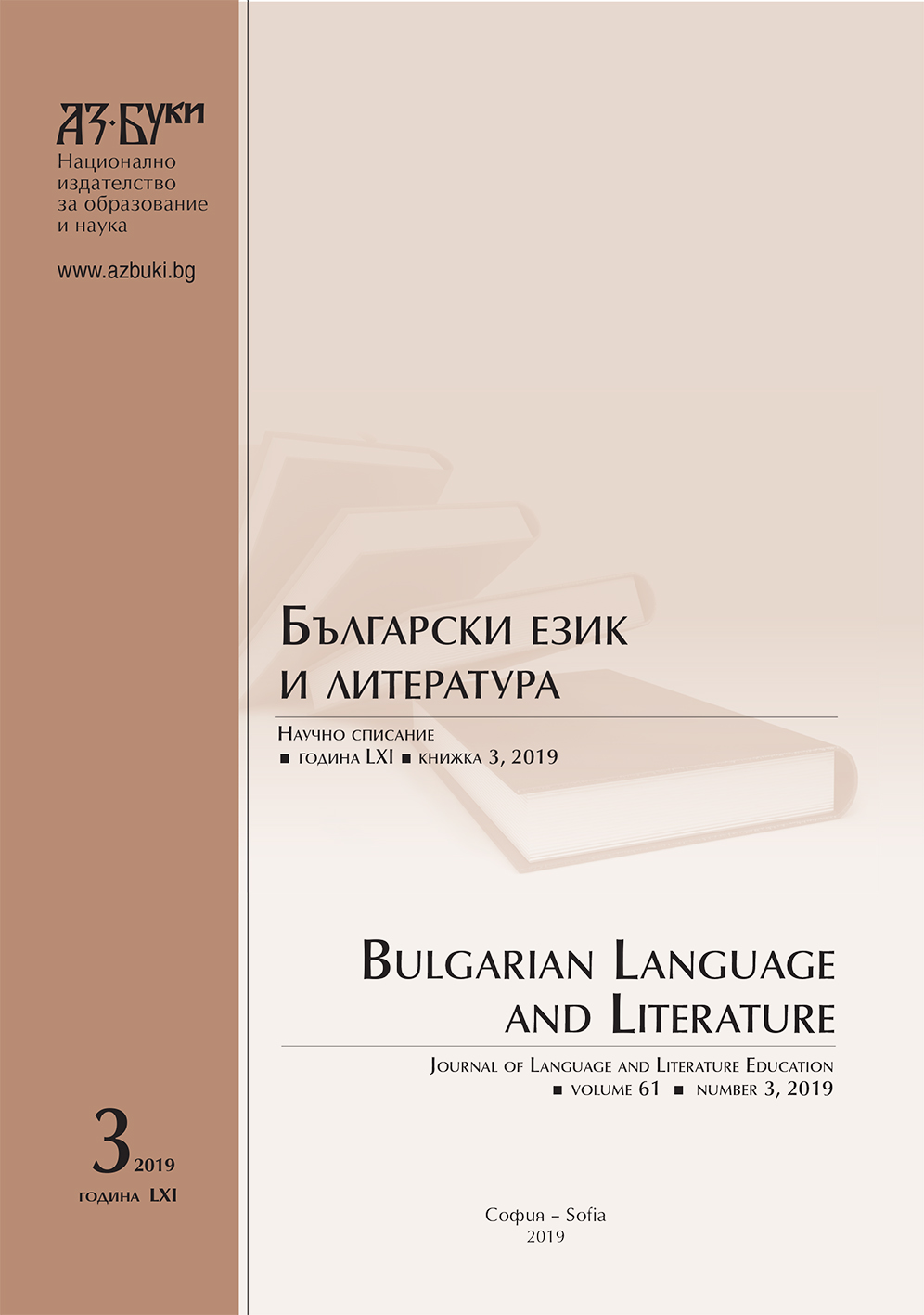Author(s): Lejla Nakaš / Language(s): Bosnian,Old Church Slavonic
Issue: 83-84/2018
Na odabir termina paratekst, kojim je moguće definirati specijalne žanrove u srednjovjekovnoj književnosti, filolozi su potaknuti definicijama i interpretacijama iz teorije književne kritike do kojih je došao Gérard Genette. Paratekstualnost je odnos između teksta i njegovog parateksta, koji okružuje glavni tekst, kao što su naslovi poglavlja, predgovor, uvod, pogovor, sažetak, napomene, ilustracije, sve što je pored teksta, s osnovnom svrhom da poboljša i prilagodi njegovu recepciju. U srednjovjekovnoj su rukopisnoj tradiciji naslovi poglavlja ili glave (capita), koje nose glavno (kapitalno) značenje sadržaja pripovijesti, potom popratni tekstovi u rukopisnoj tradiciji četveroevanđelja poznatoj kao sinopsis i hipotezis tipično paratekstualne prirode, a takvim se može smatrati i aparat koji je specijalno osmišljen za sinoptičko čitanje teksta četiriju evanđelja, naime Euzebijevi kanoni na hotizontalnim marginama. U Mletačkom i Hvalovom zborniku ta se pravila nalaze na istaknutom mjestu, na početku knjige a popraćena su tradicionalnim tekstom, Euzebijevom poslanicom Ciprijanu, u kojoj je objašnjena njihova svrhovitost. Riječ je o podjeli teksta četveroevanđelja na takav način koji omogućava usporedbu odlomaka u kojima su “evanđelisti jedno rekli.” Osim svih tih formalno uočljivih uputa redaktora oko, ispred, iza i iznad samoga glavnog teksta, kao paratekst se tumače načelno i svi parabiblijski tesktovi, koji se u odnosu na kanonski tekst mogu smatrati periferijskim tekstovima. Tekstovi ove vrste širili su se uglavnom sekularnim putevima i sačuvani su u zbornicima apokrifne literature. Nešto su rjeđi slučajevi kada oni ulaze u sastav kodeksa s primarno kanonskim sadržajem. Većina ih je prevedena u Preslavu u razdoblju od kraja 9. i početka 10. stoljeća. Obilježeni su intertekstualnošću, koja uključuje citiranje, reminiscencije i aluzije na kanonski tekst. Priređivači tih tekstova uživali su veću slobodu pri prepisivanju nego što je to slučaj s prepisivanjem kanonskih tekstova. Dijalektalne odlike lakše su prolazile u te tekstove, pa oni imaju poseban značaj i sa stanovišta historije jezika.
More...
